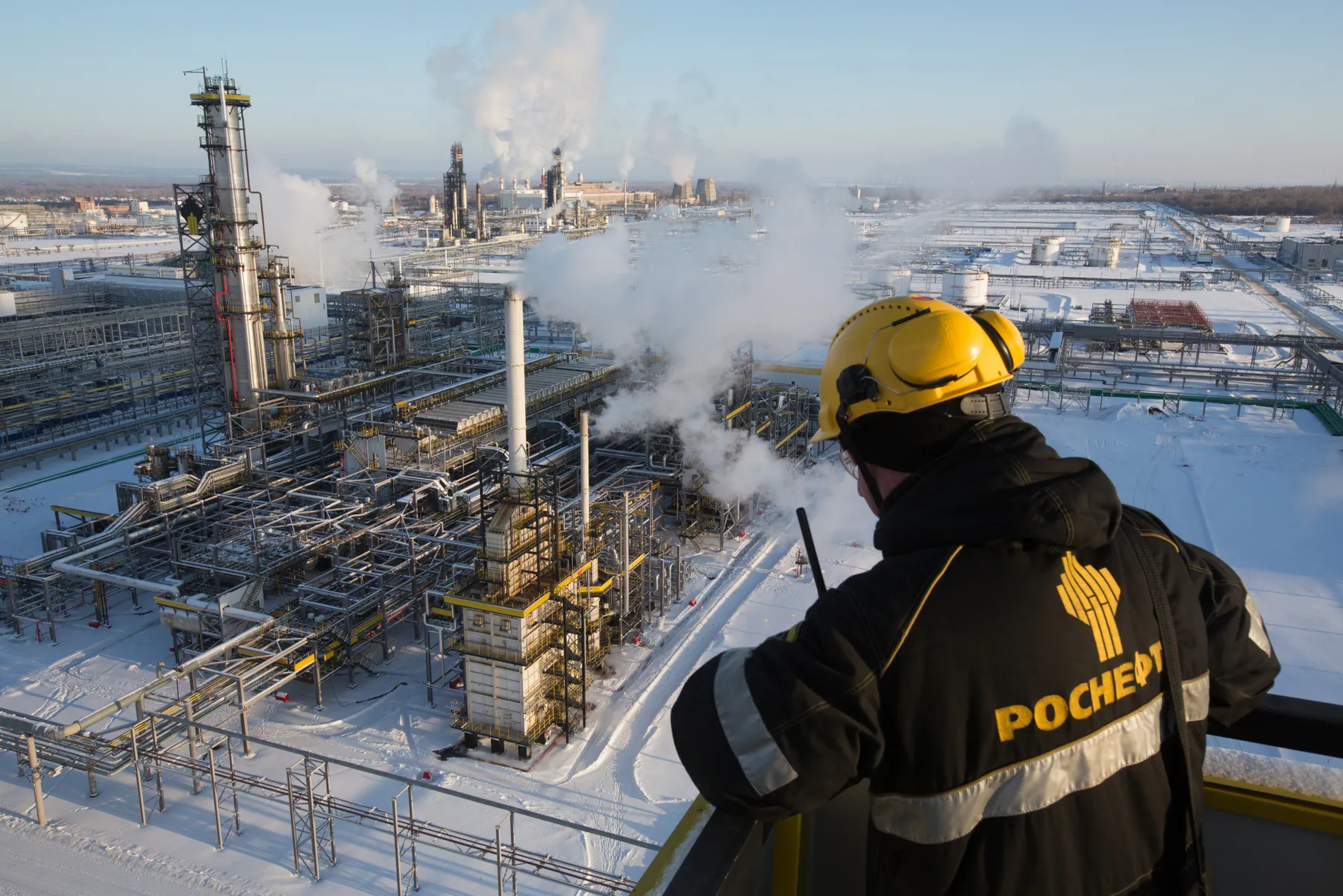Several of the country’s largest energy companies had appealed directly to him, arguing that selling fuel at gas stations had become either unprofitable or barely breaking even. This decision by the authorities has two dimensions — political and economic.
Politically, the moratorium represents a major defeat for the so-called systemic liberals, whose chief representative in the executive branch today is Finance Minister Anton Siluanov. He had strongly opposed maintaining this benefit for oil companies — not least because they do not belong to his own circle of clients and instead represent an independent and powerful group, generally inclined (with all caveats) toward strengthening the role of the state and the economic and financial pillars of national sovereignty.
With the federal budget facing limited financial resources, Siluanov failed to secure meaningful state (read: Finance Ministry) support for the “socially close” oligarchs who emerged from the privatizations of the 1990s — including Lisin, Potanin, Deripaska, Melnichenko, Vekselberg, Kantor, and several others. Only relatively modest sums went to Mordashov, who, despite everything, has lately positioned himself at some remove from the systemic liberals.
Regardless of the details, Putin’s decision on the fuel-damper mechanism means that Siluanov has lost his monopoly on shaping budgetary policy. This gives rise to hope that Russia may finally obtain a balanced and realistic development budget — independent of the Central Bank’s position under Elvira Nabiullina, a longtime ally and co-architect with Siluanov of various failed “development strategies.”
Economically, the preservation of the damper mechanism brings back an old question: to what extent is it justified, from a state perspective, to support oil producers with direct tax benefits in order to stimulate fuel supplies to the domestic market? The damper, recall, compensates for the difference between global oil-product prices and domestic ones.
Such a mechanism contains elements of economic blackmail by oil exporters: when export prices are more favorable than domestic ones, oil and petroleum products are shipped abroad regardless of internal demand. To keep the domestic market supplied, the state is effectively forced to subsidize oil companies — merely to prevent a loss of their profits.
According to the well-known expert Boris Lutsent, the draft 2025 budget allocates 958.3 billion rubles for damper payments, and 1.25 trillion rubles for 2026 — enormous sums that will ultimately flow into the profits of oil company owners who, according to Forbes, are hardly in need of financial assistance.
Is such a scheme justified, given the government’s declared strategy of ensuring the self-sufficiency of the Russian economy and its independence from external pressures — through the development of the real sector and by boosting domestic consumer demand as a source of investment?
These goals require prioritizing the supply of energy resources to the domestic market — even if that runs counter to the corporate interests of oil company shareholders. The government has begun this process by imposing an embargo on the export of gasoline and diesel fuel, but it is evident that this measure alone is insufficient.
A logical next step would be the introduction of state monopoly over the export of strategic raw materials. In that case, the very need for the damper mechanism would simply disappear.


















